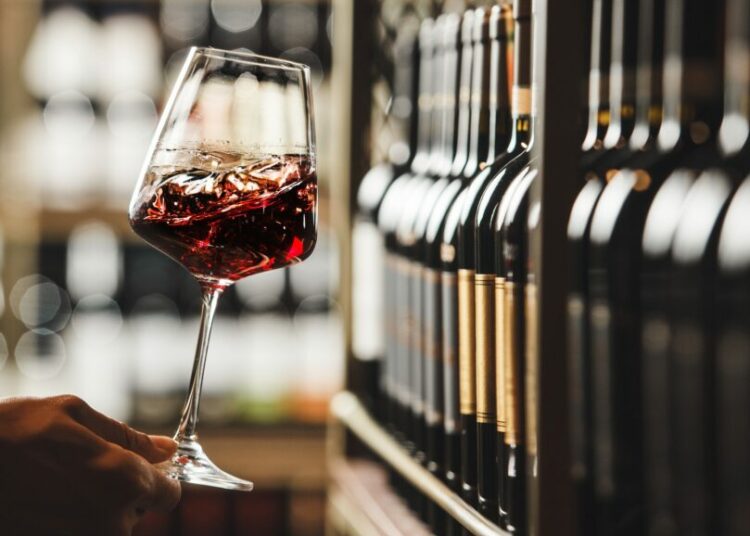Nigeria’s wine industry is intensifying efforts to curb the circulation of substandard and counterfeit products in a bid to protect consumers, strengthen market confidence, and boost the economic value of legitimate wine imports.
At a wine-tasting forum in Lagos, recently, founder of Vines by Rosa, Chinedu Rita Rosa, said the campaign aims to ensure Nigerians have access to quality wines at fair prices while shielding consumers from fake products. Rosa, the first African Black woman wine consultant with 26 years of experience, said Nigerians deserve full confidence in what they purchase.
“We introduce you to our importers, our distributors, the restaurants and hotels that carry our wines, so that when you want to buy, you are not afraid,” she said. She added that educating consumers is vital to helping them identify authentic products.
Rosa, a Bordeaux-based wine expert, described her role as a bridge between producers and Nigerian consumers, ensuring accountability across the supply chain. She said her network of more than 50 importers across Africa, including 20 in Nigeria, helps guarantee traceability. “Everything we do, the winery exists, the people who make it exist,” she said.
She noted that despite initial scepticism from some quarters, the brand has gained strong acceptance, with recent events recording full attendance. Rosa also highlighted Nigeria’s strong domestic demand, describing the country as one of the world’s strongest wine markets because consumption is not dependent on tourism.
According to her, eliminating substandard products will boost government revenue through taxes and customs duties while stabilising the market.
Export manager for Settecani and Fina wineries, Roberto Cardinale, also observed rising appreciation for quality wines among Nigerian consumers. He said Nigerians returning from abroad often seek the same wine standards they are accustomed to. Cardinale praised Rosa’s work as a cultural interpreter, saying her insight helps foreign producers better understand the local market.
Calling Nigeria his most rewarding destination, he said, “It was by far the most exciting business trip I did… It’s really something special.”
Rosa emphasised that consumer health remains a priority. She warned that substandard wines can pose serious health risks and ultimately affect national productivity. “The worst thing you want in a country is people that are sick, because that also affects our GDP,” she said.
Although Nigeria does not produce wine, experts stressed that its consumption ecosystem is a valuable economic asset. Rosa added that every bottle consumed contributes to government revenue through taxation.





